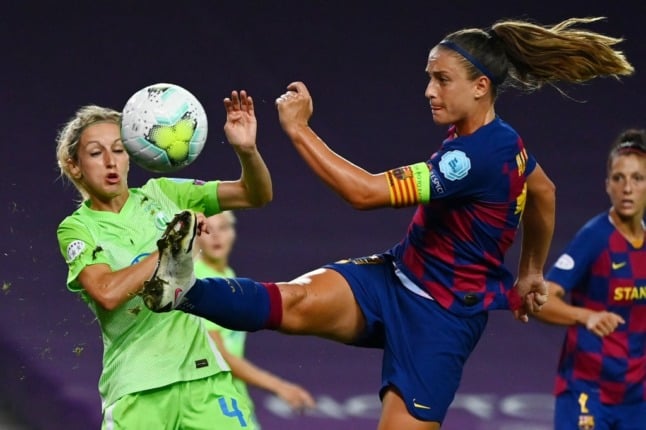The Swiss Observatory for the Rights of Asylum Seekers and Foreigners said that according to the current national laws, a woman who reunites with her migrant husband in Switzerland must stay married with him for at least three years in order to remain in the country.
In case of abuse, the woman can stay, provided she can bring evidence from either the police or a doctor, a requirement that proves particularly difficult in the cases of isolated women who often do not speak any of the Swiss official languages.
“The requirement of proof is an often insurmountable barrier,” the Observatory said in a statement.
“If, for fear of their husband or ignorance of the Swiss legal system, migrants do not make police or doctors certify the abuse, their chances are minimal.” The report said that evidence from a women’s shelter centre or the testimony of neighbours are still rarely taken into consideration by the authorities, even though there are signals that this will change in the future.
“We often meet women who continue to stay with their violent husbands so they won’t have to go back to their home country,” said Claudia Hauser of DAO (Organisation faîtière des maisons d’accueil pour femmes de Suisse et du Liechtenstein).
According to the report, figures from the Federal Statistics Office show that 22 women, both immigrant and Swiss, die every year following domestic abuse. Nearly 20 per cent of women living in Switzerland suffer from psychological or sexual violence in their life.



 Please whitelist us to continue reading.
Please whitelist us to continue reading.